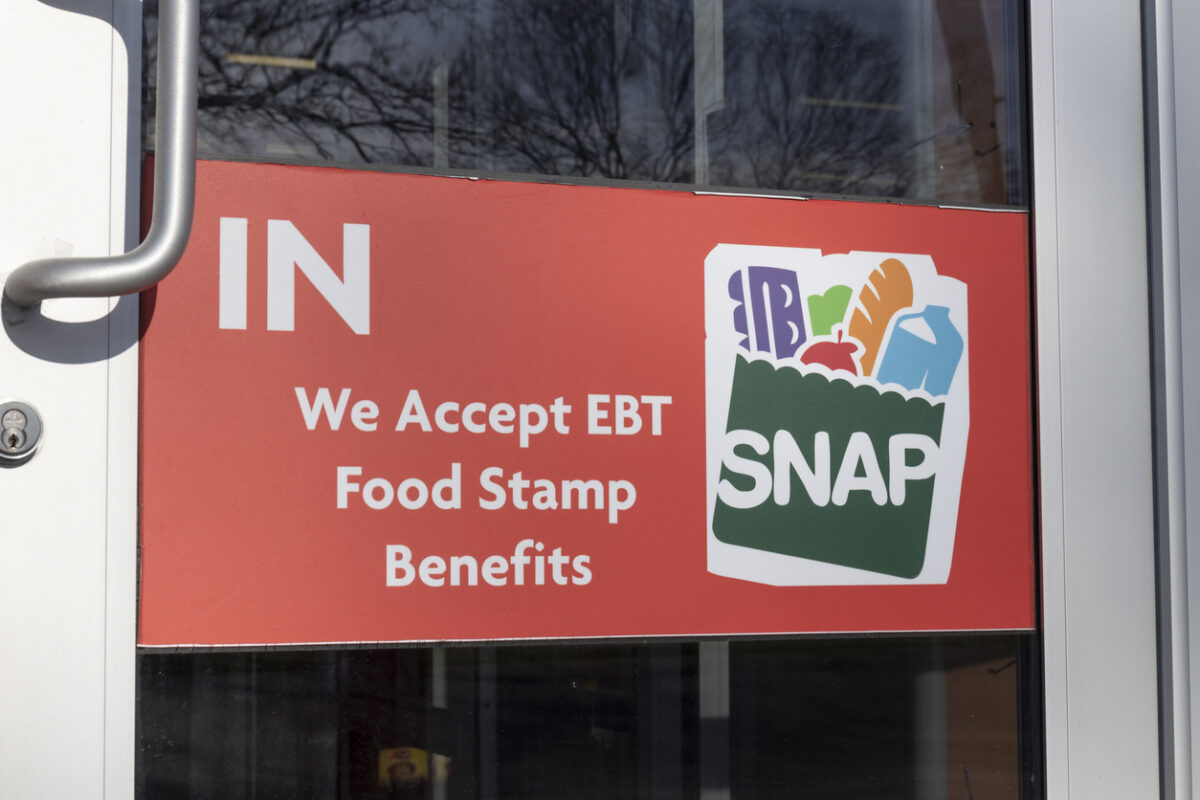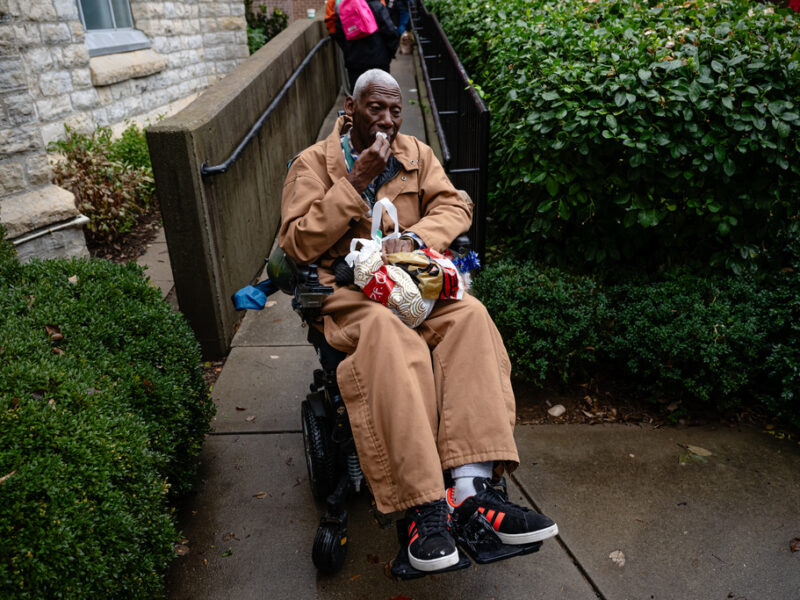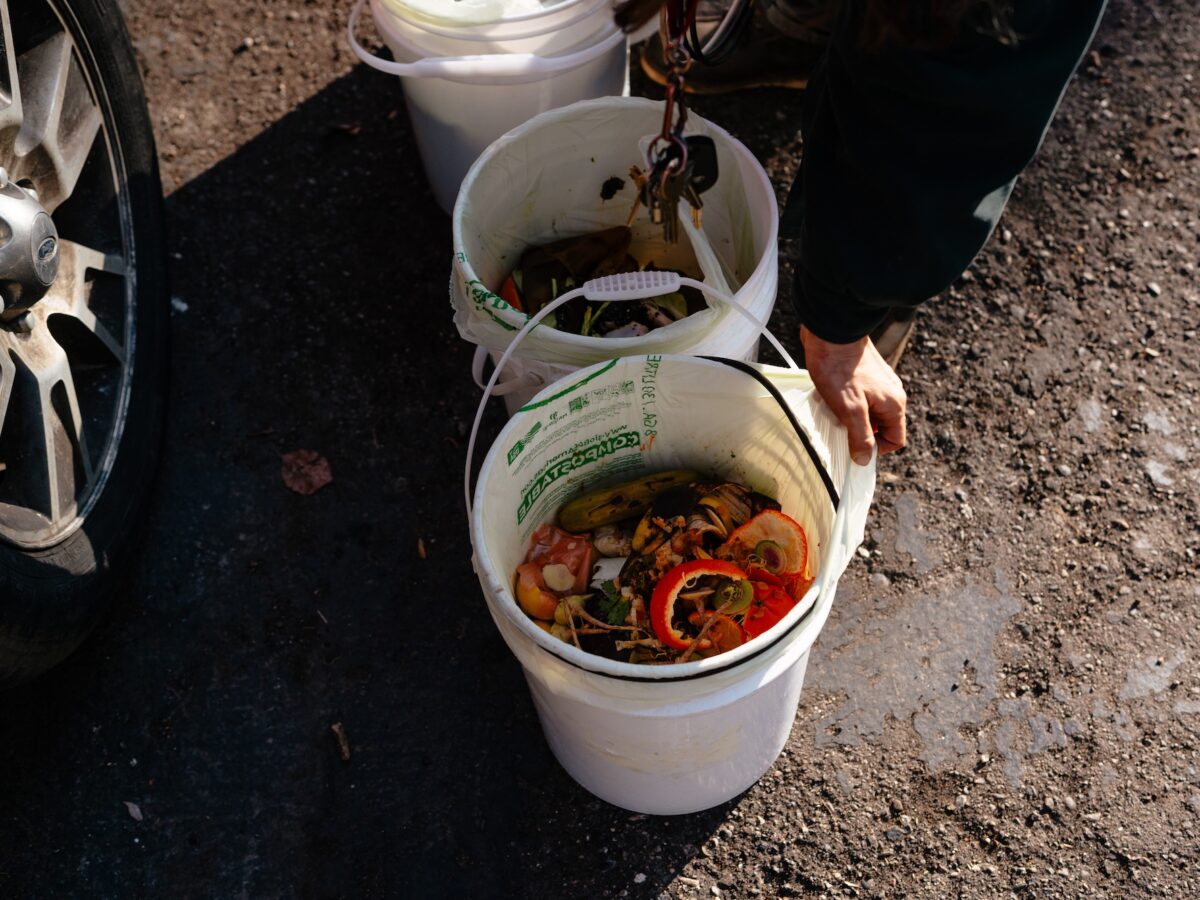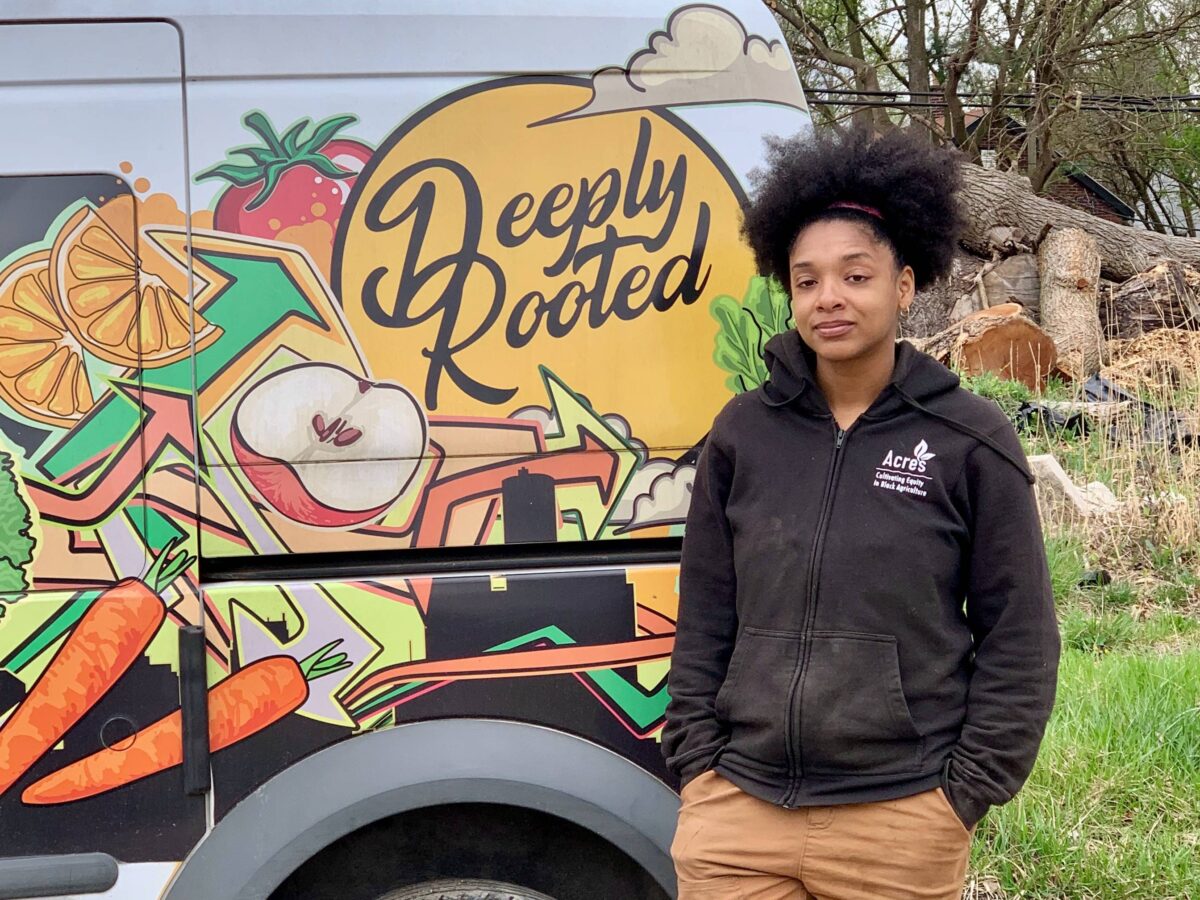Overview:
- In response to the expiration of federal SNAP benefits, Detroit Mayor Mike Duggan allocates $1.75 million to bolster local food pantries, aiming to shield the city's most vulnerable from food insecurity.
- This emergency funding will support Forgotten Harvest, Gleaners Food Bank, and Metro Food Rescue.
- With the SNAP shutdown impacting 42 million Americans, Detroit has also initiated a volunteer drive, inviting residents to sign up at DetroitMI.gov for shifts starting Nov. 5.
With federal SNAP benefits expired as of Nov. 1, Detroit Mayor Mike Duggan announced emergency measures Monday to prevent food insecurity from overwhelming the city’s most vulnerable residents.
The mayor authorized $1.75 million in emergency contracts to stock local food pantries, bypassing the usual approval process to respond quickly to the crisis. The funding breaks down as follows:
- Forgotten Harvest: $770,892 for boxed and canned food.
- Gleaners Food Bank: $770,892 for boxed and canned food.
- Metro Food Rescue: $250,000 for fresh produce.
The SNAP shutdown affects approximately 42 million Americans nationwide. As writer and Detroit resident Cherise Morris detailed in a personal essay, the program’s suspension comes after a monthlong government shutdown that has already left 730,000 federal workers without pay.
“We are hopeful that Congress will act to restore SNAP funding so our government is not using food access for families in need as a weapon in political disagreements,” Duggan said in a statement Friday.
“But if they do not, the City of Detroit will continue to work to make sure food pantries are stocked and our most vulnerable residents have access to the food they need.”
100 distribution sites, volunteer call-out
At 5 p.m. Tuesday, the mayor will announce the locations and operating hours for more than 100 emergency food distribution sites across Detroit. The city has launched a volunteer recruitment campaign, with signups available now at DetroitMI.gov for 4-hour shifts beginning Wednesday, Nov. 5.
The Mayor’s Department of Neighborhoods will monitor all locations to assess volunteer and food supply needs. District managers will coordinate with United Way, Forgotten Harvest, Gleaners Food Bank, and Metro Food Rescue.
To prevent overwhelming the system, officials are asking residents to visit food banks during the same week they typically receive their SNAP benefits — a strategy designed to distribute demand evenly throughout the month.
SNAP recipients include children, older adults
According to recent data, 39% of SNAP recipients are children, and 19% of SNAP households include older or disabled individuals.
“The reality is that you are a lot closer to the food stamps line than you are to being a billionaire,” Morris writes. “I’ve seen so many people talking about what this means for people who rely on SNAP, but I’ve seen so few people actually ask someone who relies on SNAP to speak to what it actually will mean to them.”
If additional funding beyond the initial $1.75 million is needed, Council President Pro Tem James Tate, who chairs the budget committee, will lead efforts to authorize supplemental appropriations, according to the city.
Even if Congress acts to restore SNAP benefits, officials warn it will take several days for EBT cards to be recharged, following recipients’ usual monthly distribution schedules.
Those interested in volunteering can sign up at DetroitMI.gov. The full list of food distribution locations will be available at 5 p.m. Tuesday.
READ MORE
Judges order Trump administration to tap contingency funds for SNAP benefits
Last year, SNAP provided assistance to 41 million people, nearly two-thirds of whom were families with children.
Voices: Food waste costs Michiganders billions. It’s time to rethink what we throw away.
Keeping food out of landfills could save money, reduce emissions, and build healthier communities.
How Dazmonique Carr works to improve Detroit’s food access, one produce box at a time
Dazmonique Carr’s mission of prioritizing sustainable and equitable food systems includes partnerships with BIPOC-owned farms across Michigan.





